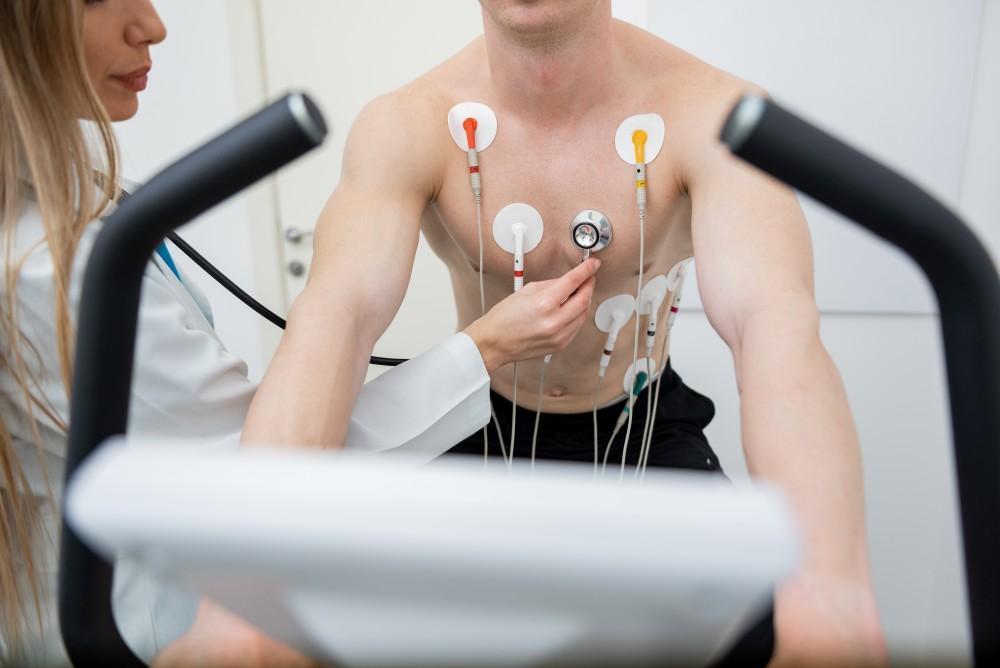
Am I at Risk for Developing Varicose Veins?

Varicose veins are notorious for causing discolored, enlarged veins. While they are often a cosmetic concern, untreated varicose veins can also cause other problems like aches, heaviness, and even increased risk for blood clots. Thankfully, varicose vein treatments here at Harlem Cardiology in East Harlem, New York can eliminate the symptoms of varicose veins and improve the appearance of your legs.
Even if you don’t have varicose veins, you might wonder if you’re at risk for developing varicose veins later in life. In this article, Dr. Henock Saint-Jaques and his experienced team of cardiologists raise awareness about what the risk factors of varicose veins are and what you can do to reduce your risk.
Risk factors varicose veins
Like many vascular conditions, risk factors for varicose veins are divided into two categories: risk factors you can control and risk factors you can’t control.
Risk factors for varicose veins that you can’t control include:
Age
The chances of developing varicose veins increase as you age.
Gender
Varicose veins can affect both men and women, but women are more likely to struggle with varicose veins.
Hormonal changes
Hormonal shifts, including those associated with pregnancy, increase your risk of developing varicose veins. You can help improve your circulation if you’re pregnant by walking regularly and sleeping on your left side.
Family history
If an immediate family member, such as a parent or sibling, has varicose veins, you’re more likely to have them as well.
Risk factors that you can control include:
Obesity
When you carry excess weight, it puts excess pressure on the valves in your veins, which can increase your risk of spider veins and varicose veins.
Standing for prolonged periods of time
Did you know that when you walk your calf muscles help squeeze your veins, encouraging your blood to flow back to your heart? Standing (and not walking) for hours on end can have an effect on your veins if the blood isn’t pumped back to your heart properly. Thankfully, this is relatively easy to combat. If you’re on your feet all day, set a timer and take regular breaks. Stretch your legs, walk around the office, change your position 一 little changes in your activity level and position can help support circulation in your legs.
Sitting for prolonged periods of time
Just like standing for prolonged periods of time increases your risk of developing varicose veins, so does sitting. If you sit at a desk all day, take regular breaks to stand up, stretch, and walk around the office. Even a quick two-minute walk is better than nothing.
Not exercising
Exercise provides many benefits, including improved mood, better mental clarity, and improved circulation. If you don’t exercise regularly, you miss out on the heart-healthy benefits of exercise.
The American Heart Association recommends getting 150 minutes of exercise each week.
Smoking
Smoking is notorious for causing lung cancer and other lung diseases, but smoking also negatively impacts your heart and vascular health. According to the Federal Drug Administration (FDA), smoking cigarettes damages your blood vessels and heart, and if your veins are damaged, you’re more likely to have varicose veins. A recent study in the Journal of Radiology also found that vaping nicotine-free substances can damage endothelial tissue.
What to do if you have varicose veins
Even if you have all of these risk factors, you might not have varicose veins, and the opposite is also true: You might have only one risk factor but still have varicose veins. Regardless, you can’t prevent varicose veins with 100% certainty, and if you have them, treatment options (like laser therapy or radiofrequency ablation) can improve your vein functionality and improve the appearance of your legs.
To explore your varicose vein treatment options, call our Madison Avenue location at 646-381-2181. You can also request an appointment online 24/7.
You Might Also Enjoy...


Is It Possible to Lower My Blood Pressure Naturally or Do I Need Medicine?

What You Can Do Now to Prevent a Stroke Later in Life

3 Noninvasive Tests That Measure the Health of Your Heart

What Can I Do About My Varicose Veins?


